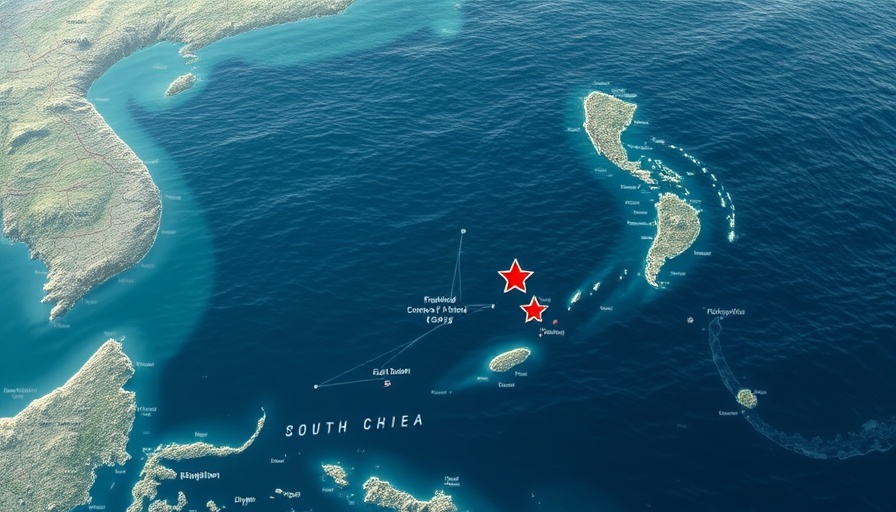
Reflecting on a Landmark Decision
The 9th anniversary of the Philippines-China South China Sea Arbitral Tribunal ruling highlights a critical turning point in regional geopolitics. In 2016, the Permanent Court of Arbitration made a landmark decision in favor of the Philippines, rejecting China's expansive claims over the South China Sea. This ruling not only affirmed the Philippines' rights but also had profound implications for international maritime law and order in the Asia-Pacific region.
The Stakes of the South China Sea Dispute
The South China Sea is a vital waterway, essential for global trade and economic exchanges. This area holds significant natural resources, including oil and natural gas reserves. The ongoing tensions between the Philippines and China serve as a barometer for U.S.-China relations and the broader balance of power in Asia. The United States has consistently supported the Philippines' stance, underscoring the importance of freedom of navigation and overflight in the region.
Current Tensions and Diplomatic Efforts
Despite the tribunal's decision, tensions between China and the Philippines have escalated in the ensuing years. Beijing's militarization of disputed areas and fishing rights violations have led to heightened regional security concerns. The evolving dynamics have prompted diplomatic efforts from both Manila and Washington, as they seek to navigate these challenging waters while ensuring regional stability.
A Call for Multilateral Cooperation
Amid these tensions, multilateral partnerships within ASEAN (Association of Southeast Asian Nations) and international allies are crucial. Engagement through diplomatic channels and alliances will play a significant role in addressing shared security concerns in the South China Sea.
The Importance of Historical Context
Understanding the historical context of the South China Sea dispute is essential. The region has been a flashpoint for competing territorial claims for decades, rooted in colonial legacies and evolving geopolitical interests. As nations grapple with these dynamics, the lessons learned from the tribunal's ruling remain vitally important for both current and future negotiations.
What Lies Ahead for U.S.-China Relations?
The South China Sea dispute is increasingly intertwined with U.S.-China relations. As both superpowers vie for influence in the Indo-Pacific, the implications of this conflict ripple far beyond the waters of Southeast Asia. Observers note that continued escalation could lead to more severe geopolitical confrontations, making it imperative for both sides to approach these tensions with caution.
The Voice of the Filipino People
For many Filipinos, the ruling represents a victory not just for their government, but for regional sovereignty and national pride. The public sentiment underscores the desire for a peaceful resolution that respects their rights while balancing the significant geopolitical forces at play. As the nation reflects on this milestone, the dialogues initiated through the tribunal's ruling continue to resonate within the hearts of its citizens.
Potential Pathways Forward
The path forward necessitates a commitment to continued dialogue, diplomatic engagement, and adherence to international law. It is a test of resilience for the Philippines, and a pivotal moment for the broader international community.
By analyzing the anniversary of the South China Sea ruling, we can appreciate the importance of standing firm in international law and the necessity for diplomatic resolutions. This engagement is not just essential for the Philippines and China, but it embodies the larger struggle for sovereignty and stability across the globe.
 Add Element
Add Element  Add Row
Add Row 



 Add Row
Add Row  Add
Add 


Write A Comment